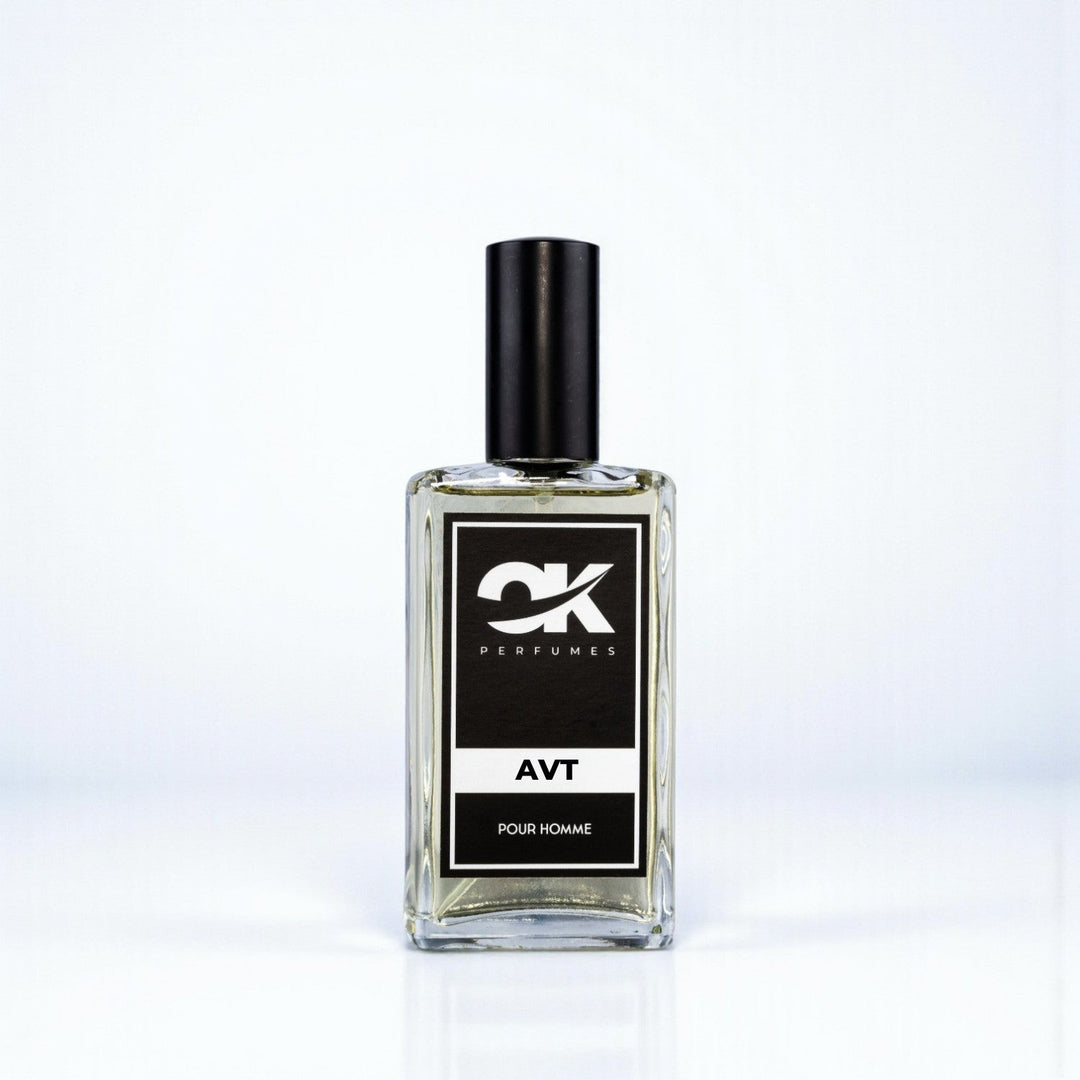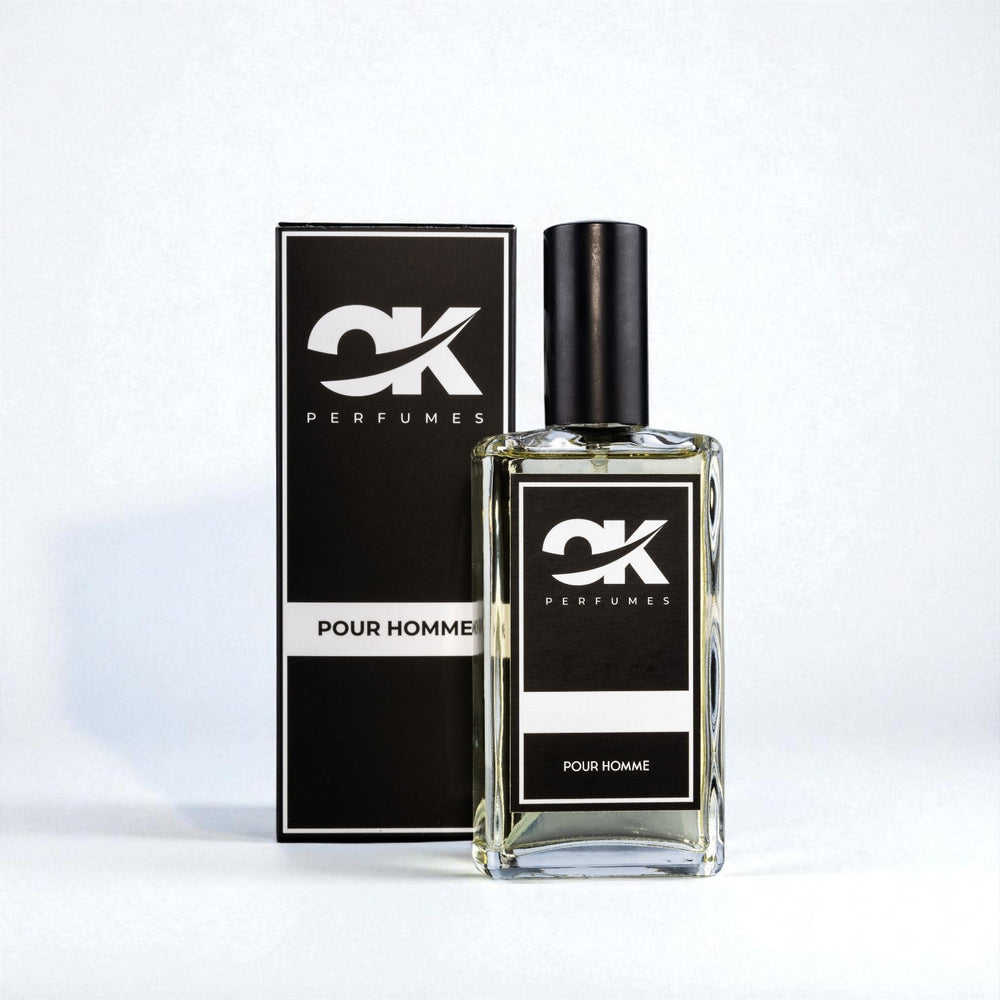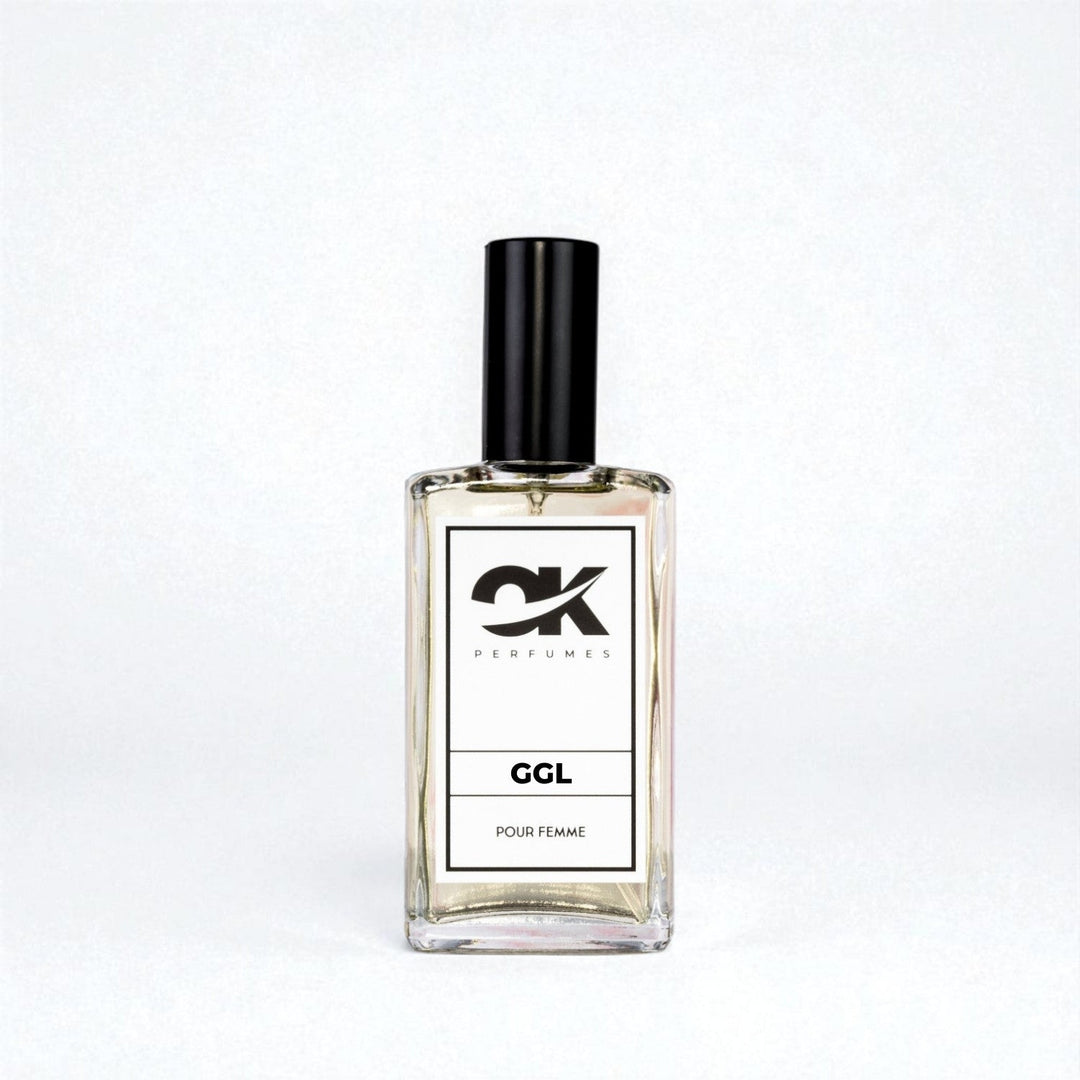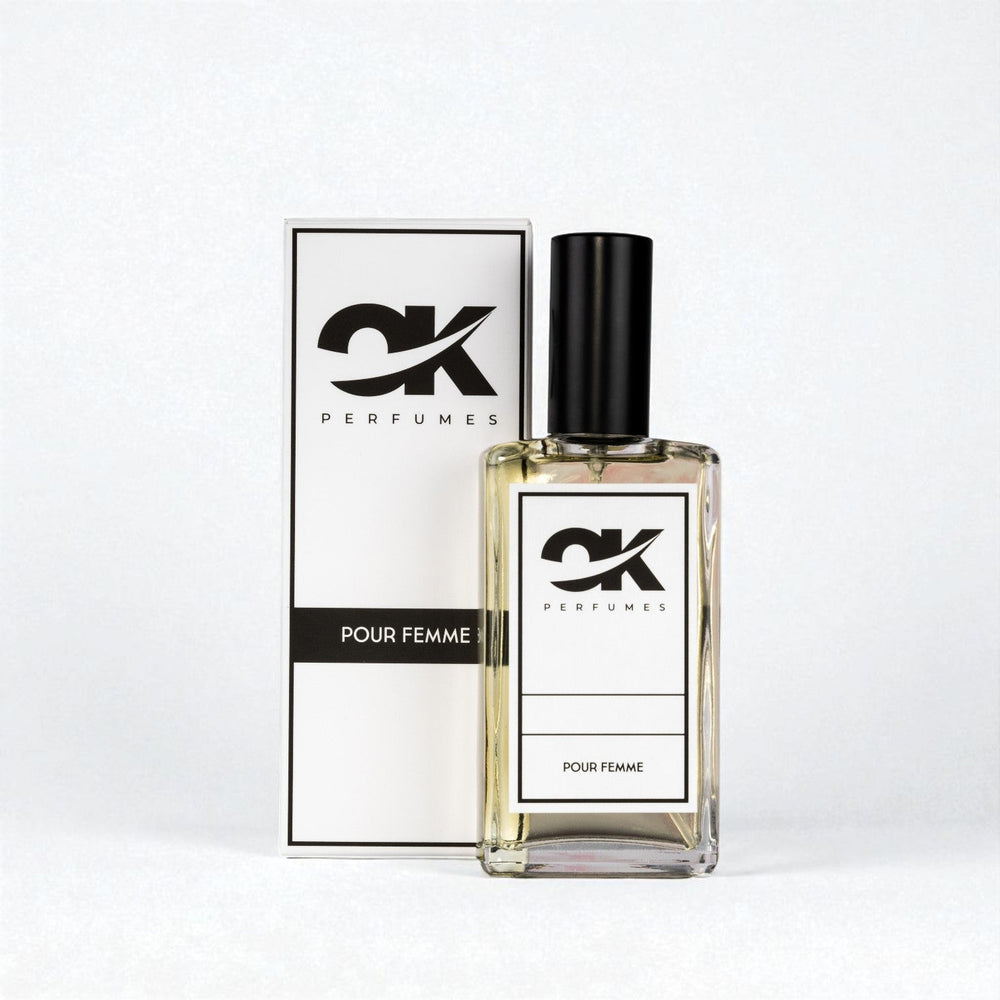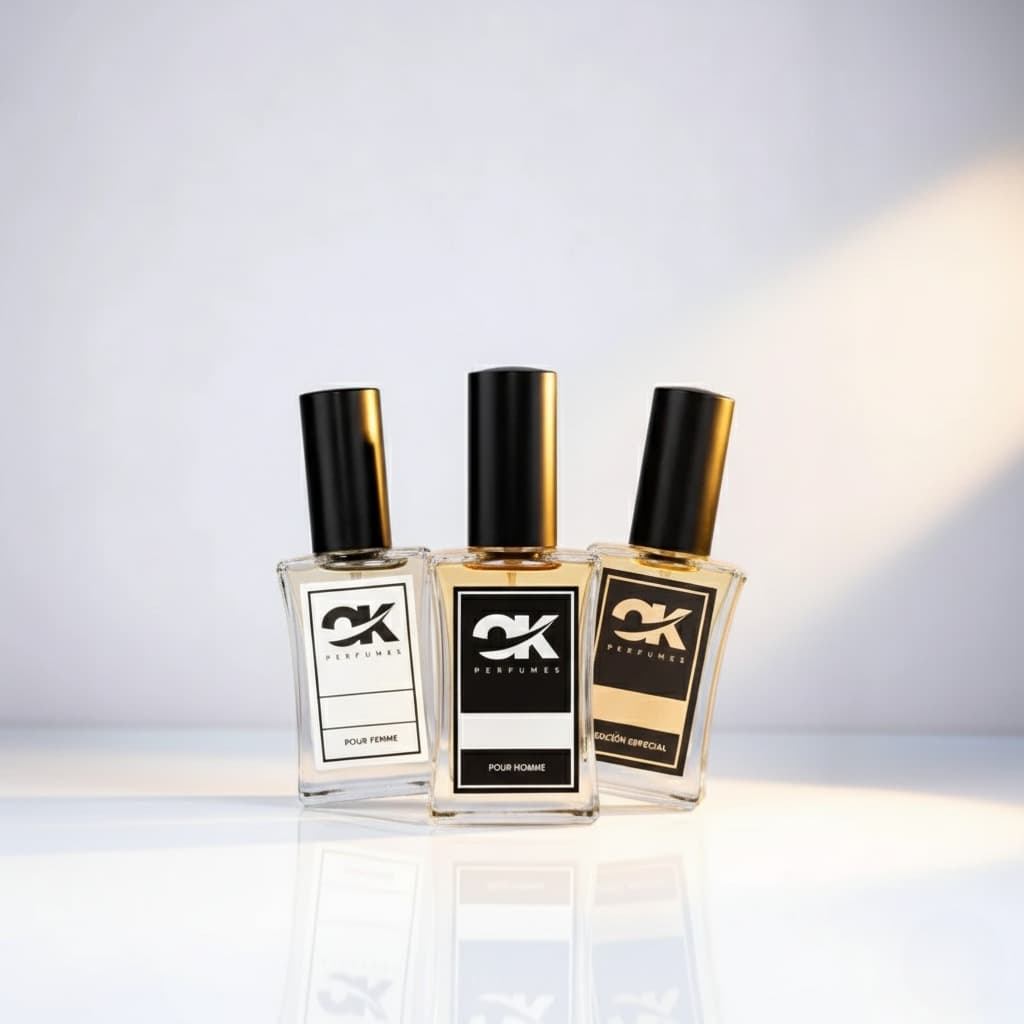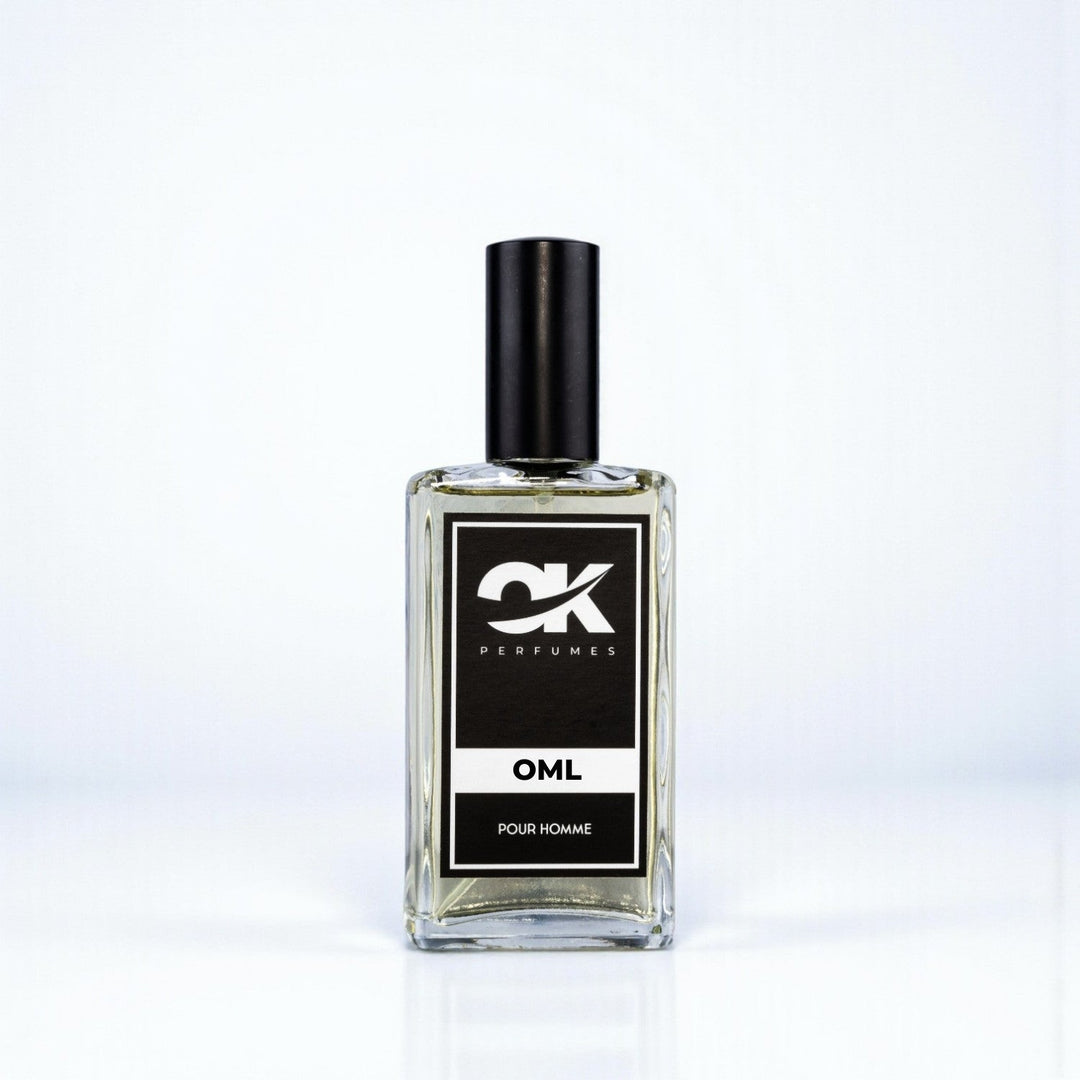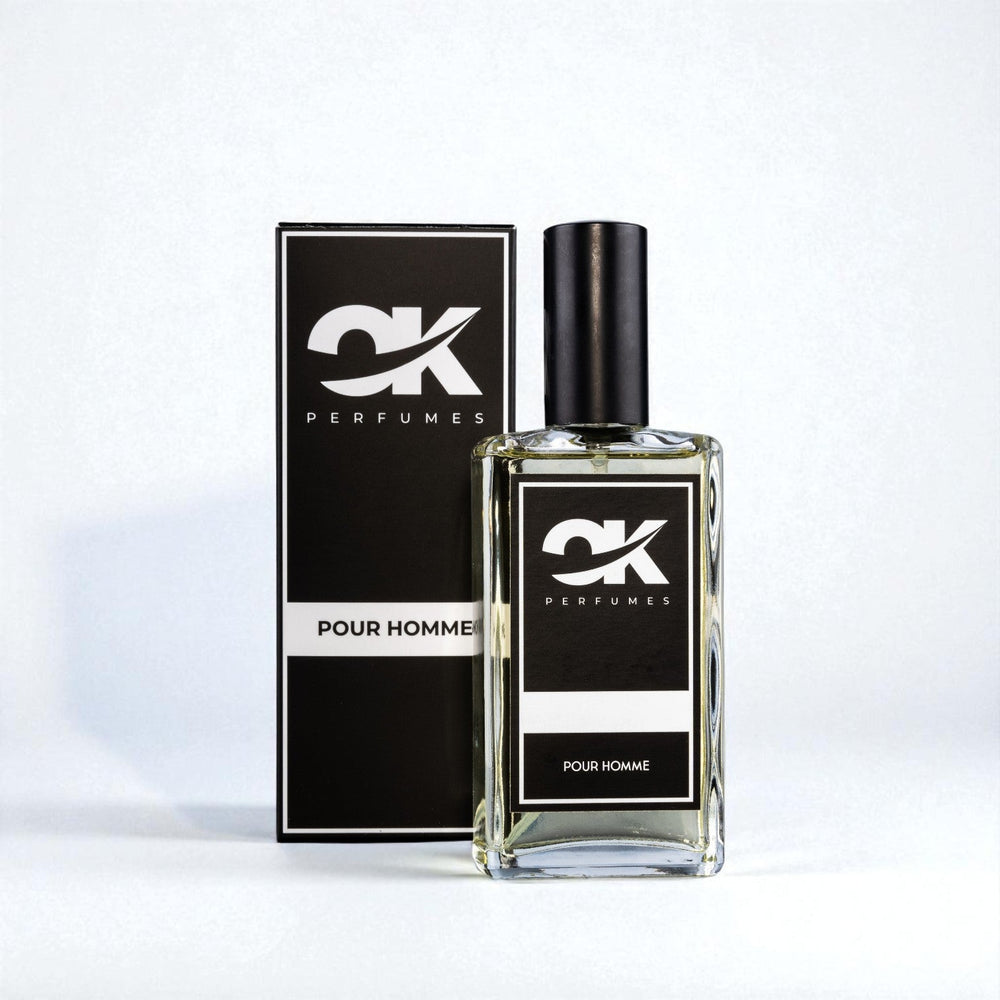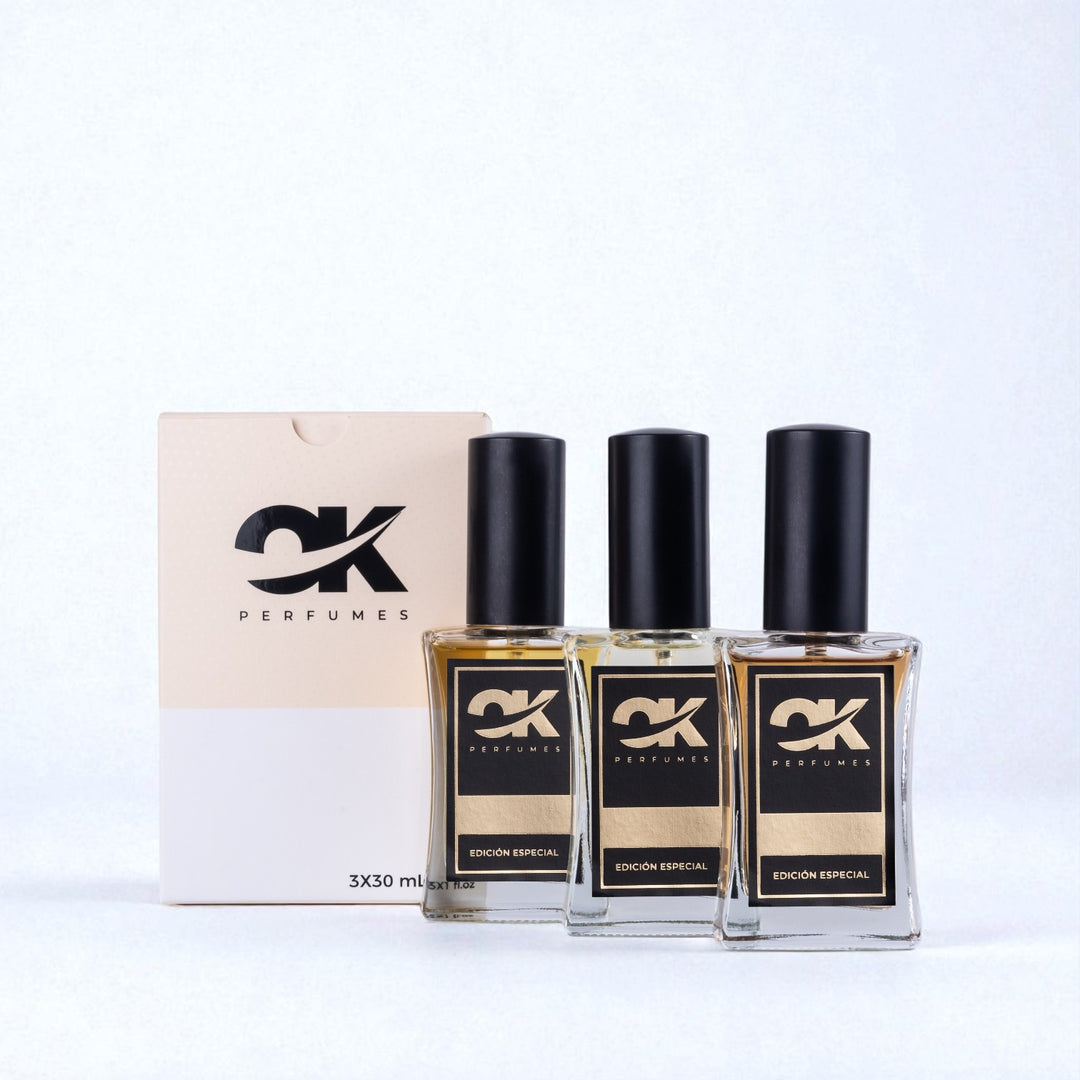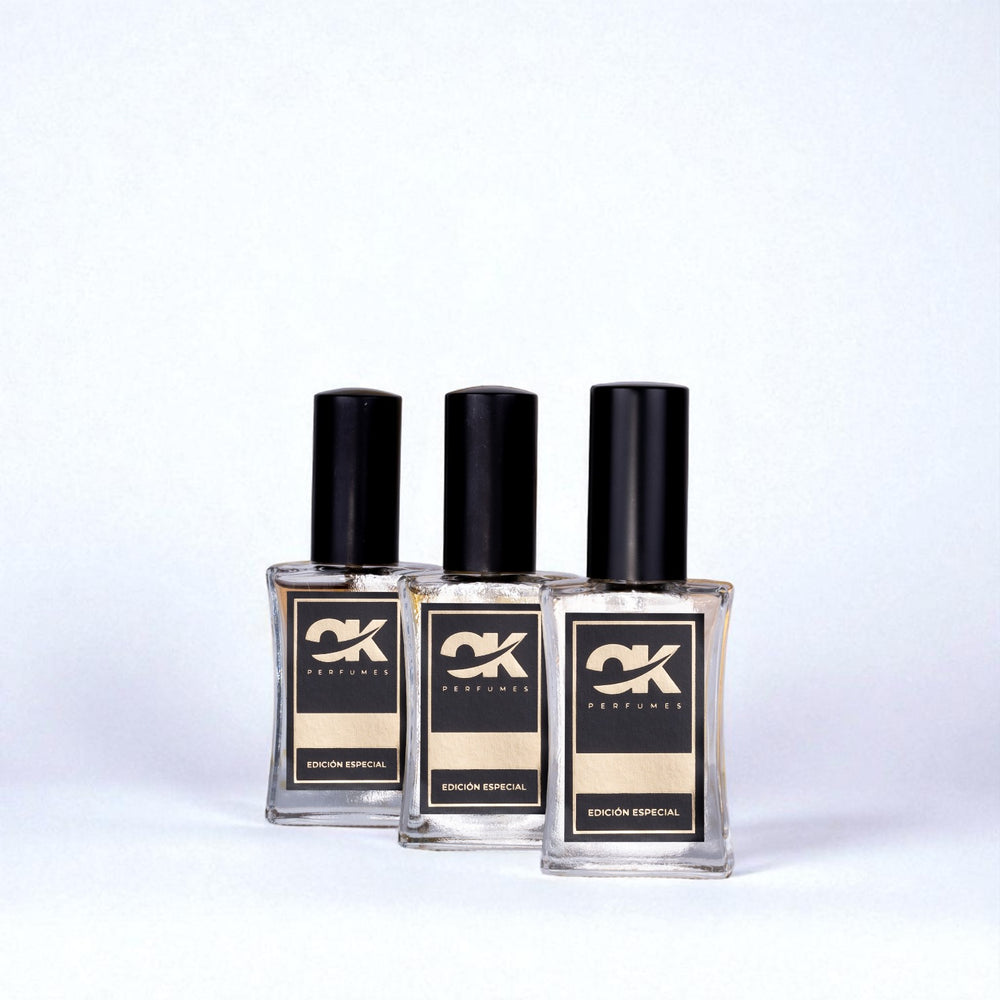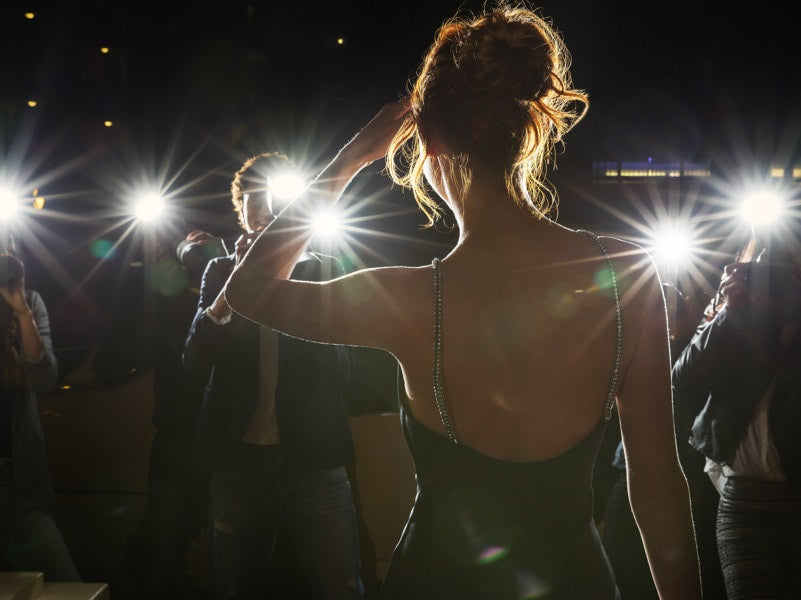History of Perfumery: An Aromatic Journey
The history of perfumery is as fascinating as the scents that surround us. From ancient times to the present day, perfumes have been an integral part of diverse cultures, symbolizing luxury, status, and emotions. In this article, we'll explore the evolution of perfumery and its impact on our modern lives.
The Beginnings of Perfumery
Perfumery has its roots in ancient civilizations. The Egyptians were pioneers in the creation of fragrances, using natural ingredients such as flowers, resins, and spices. These aromatic blends were used not only to beautify people but also in religious rituals.
Egypt and Religion
In ancient Egypt, perfume had a profound spiritual significance. It was used in religious ceremonies, and the scents were believed to please the gods. The Egyptians distilled essential oils from herbs and flowers, creating a wide range of perfumes that were made exclusively for royalty.
Eastern Traditions
In the East, perfumery also flourished. Cultures such as India and China began using incense and aromatic oils in their rituals. Perfumes were not just a luxury, but a form of spiritual and personal connection. Fragrance recipes have been documented and are still considered sacred today.
Perfumery in Ancient Greece and Rome
Ancient Greece adopted many Egyptian practices, and this led to a further evolution of perfumes. Fragrance became a symbol of status among society's elite. In Rome, perfumes reached new heights, with the introduction of more refined products, such as Eau de Toilette.
The Influence of Philosophers
Philosophers such as Aristotle also wrote about the effects of scents on the body and mind, marking a growing connection between science and perfumery. The Romans' sociability and penchant for celebration also made fragrances an essential part of their daily lives.
The Middle Ages: From the Fall to the Renaissance
During the Middle Ages, perfumery experienced a decline in Europe due to social and political crises. However, in the Islamic world, perfumery continued to flourish. Arab alchemists refined distillation methods and began to create more complex compounds.
The Rebirth of Fragrances
With the Renaissance in the 15th century, Europe once again embraced the art of perfumery. Fragrances were used at all levels of society, from the classrooms of aristocrats to the tables of peasants. Perfume houses began to emerge, and an industry was formed that would continue to expand over the centuries.
The 19th Century: Innovations and Modernization
Nineteenth-century perfumery was marked by a series of chemical innovations. With the discovery of synthesis techniques, perfumers began to create fragrances that did not rely solely on natural ingredients. The ability to mass-produce scents emerged, democratizing access to perfumes.
The First Modern Perfumes
During this era, iconic fragrances were launched. Products like Eau de Cologne would set new standards for men's and women's fragrances. The perfume craze spread to America, where fragrances began to take on a new twist, with both European and American influences.
The 20th Century: The Age of Personality
Moving forward into the 20th century, perfume became a symbol of identity. Brands began associating themselves with celebrities, creating an image of glamour and seduction. Phrases like "Perfume is the most intense form of memory" became famous, resonating in the collective mind.
Iconic Brands and Their Impact
Companies like Chanel and Dior introduced fragrances that became household names. "Chanel No. 5," for example, is not just a perfume; it's a symbol of the emancipated 20th-century woman. The importance of marketing during this period cannot be underestimated, as the presentation of a product could be as decisive as the scent itself.
Perfumery Today: Innovation and Sustainability
In the 21st century, perfumery has undergone a new awakening, thanks to technological innovation and awareness of sustainability. Brands are seeking out organic ingredients and responsible production methods, aligning themselves with the expectations of an increasingly conscious society.
New Frankness: Diversity in Fragrances
Today, the perfume market has evolved so much that there are options for everyone. Styles like " EGH Eau Givrée " demonstrate how fragrances can be an extension of the individual, incorporating fresh and energizing notes that resonate with a new generation of consumers.
Fragrance and Its Effects on Well-being
Recent studies emphasize the power of scents in improving well-being. Fragrances can influence our mood, increase productivity, and even improve mental health. This has led to the creation of therapeutic perfumes, which integrate the science of smell with aromatherapy.
The Future of Perfumery
The perfume industry faces unique challenges and opportunities in the future. With advanced technology, we may see personalized fragrances based on our DNA or individual preferences. Furthermore, the globalization of culture makes unique fragrances from diverse regions more accessible than ever.
Exploring the World of Perfumes
Perfumery has come a long way since its humble beginnings in ancient civilizations. Today, perfumes are much more than just scents; they are a reflection of culture, identity, and emotions. With an ever-increasing variety of fragrances available, it's an exciting time to be a perfume lover. By exploring and discovering the world of perfumes, you may find the perfect one that resonates with you.
Transform Your Sensory Experience
As we continue to enjoy today's fragrances, let's remember that every perfume tells a story. From ancient times to the present, the history of perfumery remains intertwined with our human journey. So don't hesitate to explore and experiment with new perfumes; those who dare to forge their own path enjoy the journey and its extraordinary aromas.




